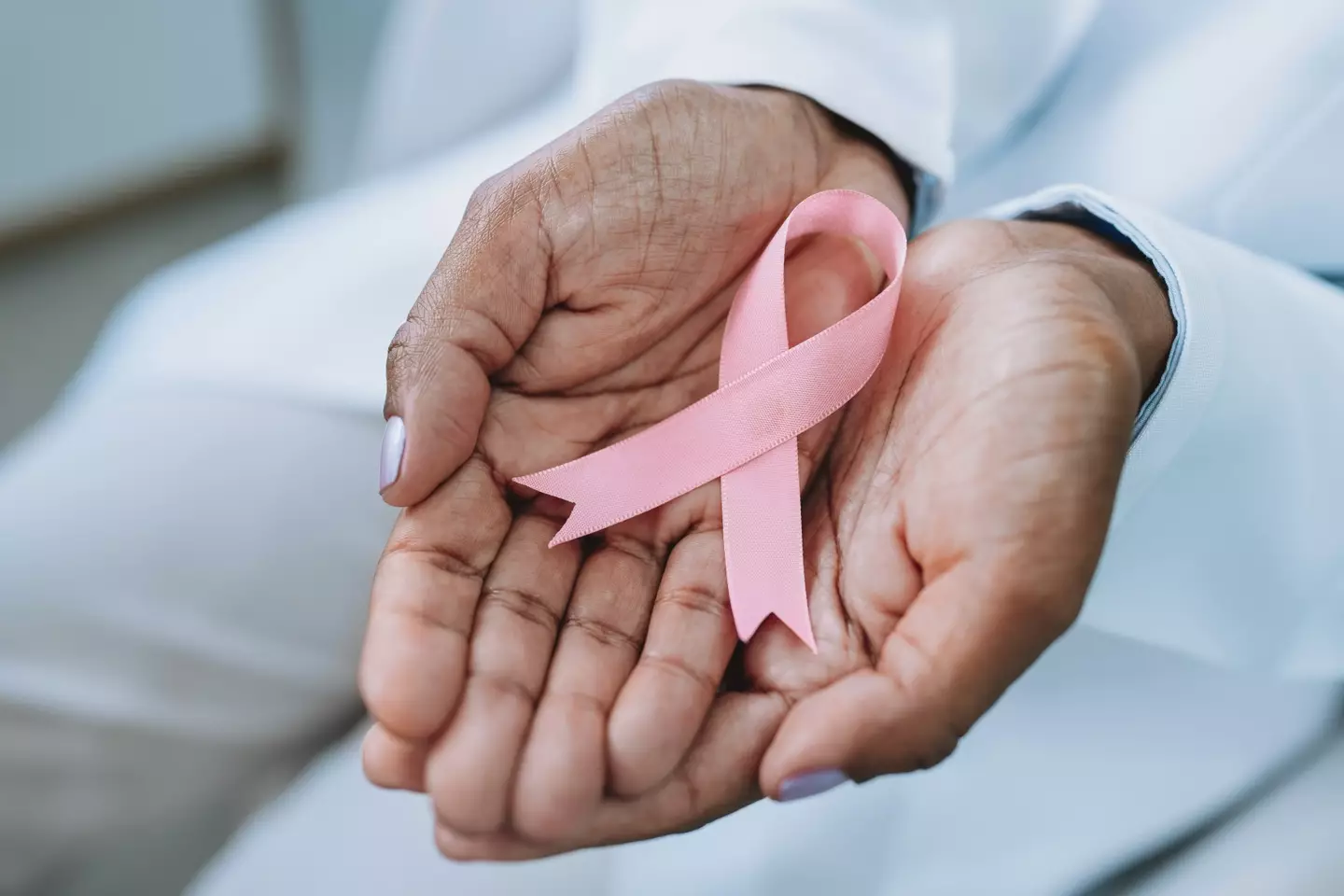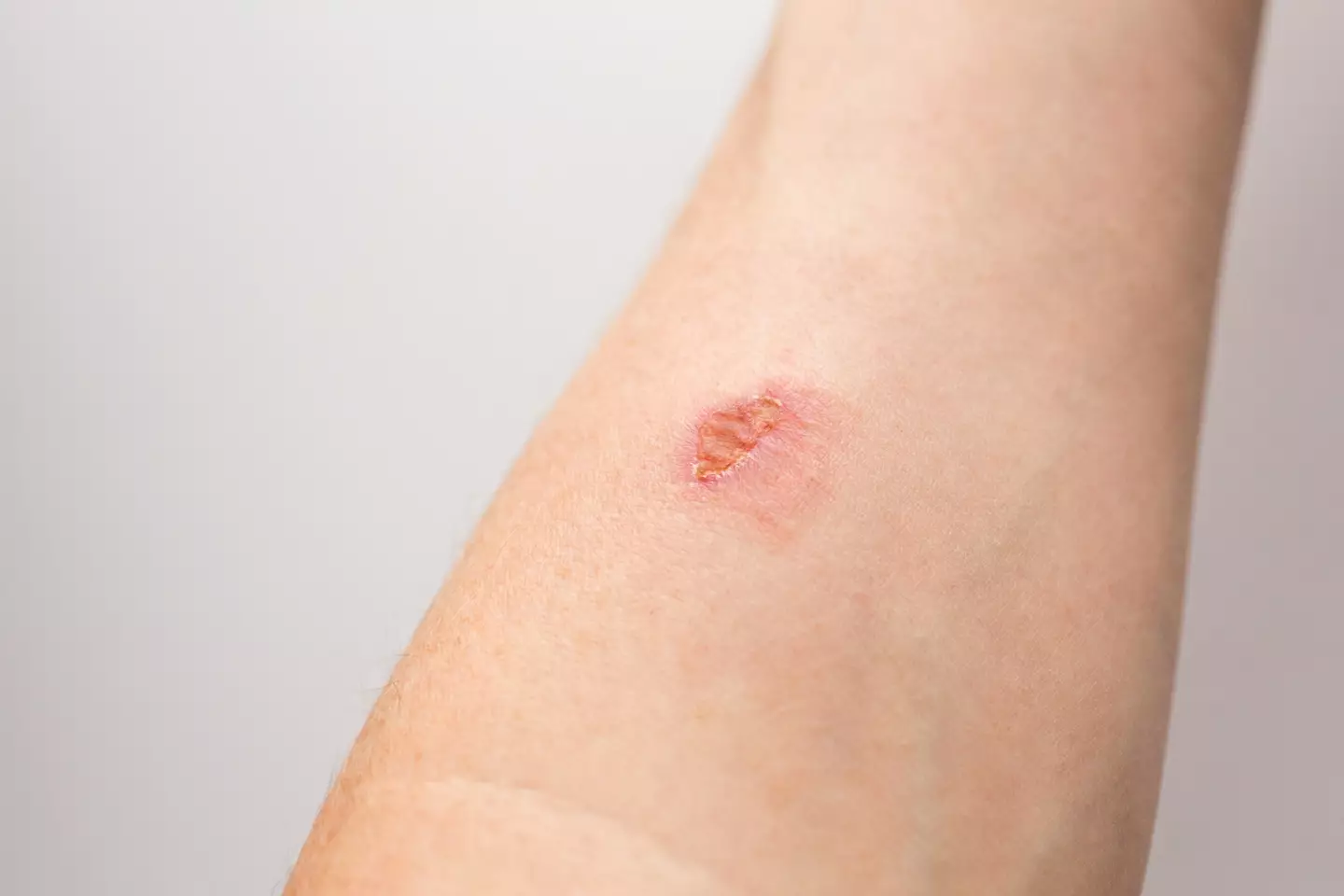.jpg)
A doctor has warned people under 50 of six common cancer symptoms they should be keeping an eye out for to catch the disease early.
Dr. Paul Oberstein treats people who have pancreatic, stomach, and colorectal cancer. He also works as an associate professor in the Department of Medicine at New York University, and recently shared symptoms that may indicate cancer in the young with The New York Post.
"We’re not exactly sure why, but we’re seeing a particular uptick in breast cancer, lymphoma and colorectal cancer cases among younger adults", he told the publication, specifically saying that these younger adults concern 'people under 50'.
To help combat this, the medical expert has outlined some of the warning signs and symptoms that could indicate cancer in younger people.
Advert
So, without further ado, here are some things you should be aware of if you fall into that age group.

Weight loss
Although it doesn’t always mean cancer, unintentional weight loss can be an early warning sign that something is not quite right. The doctor advises that unintentional weight loss, which he describes as the 'the most prominent of these symptoms' , and early satiety are both things that people with cancer could experience.
Advert
If you feel full after consuming only a small amount of food, or if you're losing weight without really trying, you should seek advice from your GP.
Bowel changes
For colon cancer specifically, changes in the stool are an important factor to look out for.
If you’re noticing darker stool, a different caliber, or the presence of blood, that can be ‘a concern’, and you should gain medical advice.
Advert
Symptoms the NHS lists for bowel cancer include changes in your poo, such as having softer poo, diarrhoea, or constipation that is not usual for you.
.jpg)
Other signs include needing to poo more or less often than usual, blood in your poo, which may look red or black, bleeding from your bottom, or often feeling like you need to poo, even if you've just been to the toilet.
Tummy pain, a lump in your tummy, bloating, and feeling very tired or short of breath are also listed, and you should see a GP if you have had any symptoms of bowel cancer for three weeks or more.
Unusual bleeding
As well as blood in the stool, there are other types of abnormal bleeding that can indicate a type of cancer. Dr. Oberstein warns that blood in the urine can be an indicator of an issue in the kidneys or bladder.
Advert
Meanwhile, bleeding after sex and vaginal bleeding can be early signs of cervical cancer or endometrial cancer.
In more positive news, the expert explained that cervical cancer 'has become less common in younger adults', so that's nice.
Abnormalities or lumps
Breast cancer is one of the most common types of cancer that affects the under 50 age group, so it’s important to pick up on the warning signs, warns Dr Oberstein.
Advert
One of these can be an abnormality in the breasts – this can take the form of a lump, discharge, or a change in skin colour.
Men should also look out for a lump or abnormality in their testicle and whether it’s painful or not it’s best to get it checked out.
It could be a sign of testicular cancer, which is another more common cancer among younger age groups.

Night sweats
Dr. Oberstein also lists night sweats as a symptom worth consulting your doctor about – although it could be nothing, it could also be a warning sign of cancer.
If you’re waking up hot and sweaty in the night or experiencing fever or chills without explanation, it could be a lymph system issue.
Lymphoma is a type of blood cancer that develops in the lymphatic system - a network of vessels and glands throughout the body that helps fight infection.
Similarly, swelling in the glands is another symptom to keep an eye out for.
Skin lesions
Finally, skin cancer such as melanoma can manifest as an abnormality in the skin so it’s important to get familiar with what’s normal for you and your body.
If you notice something ‘new or changing,’ the expert recommends talking to a health professional.
Cancer Research UK advises that common symptoms of skin cancer can include a sore or area of skin that doesn't heal within four weeks and looks unusual.
Other signs are if it hurts, is itchy, bleeds, or crusts or scabs for more than four weeks.
"It can be scary to talk about cancer symptoms, and it is worrisome that cancer rates are increasing among adults under 50", Dr Oberstein shared.
"However, we understand many of the risk factors for these cancers, and we have a lot of ways to screen for them.
"We’ve been very successful at reducing cancer incidence in people over 50, so we’re optimistic that with focused research, more widespread screening and early intervention, we will be able to decrease cancer risk among people under 50 as well."
If you’ve been affected by any of these issues and want to speak to someone in confidence, contact Macmillan’s Cancer Support Line on 0808 808 00 00, 8am–8pm seven days a week.